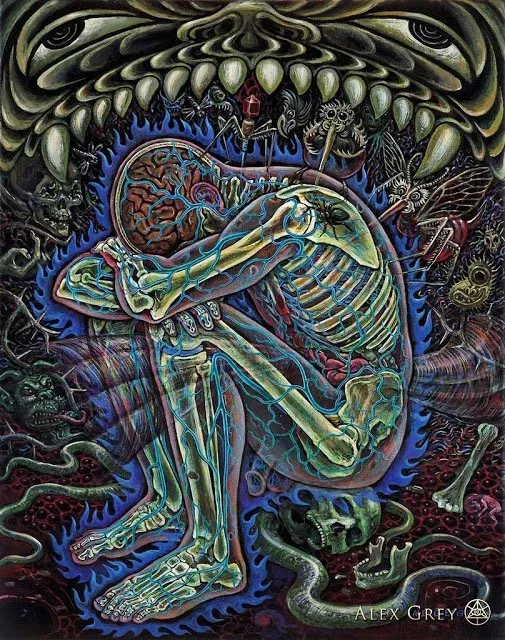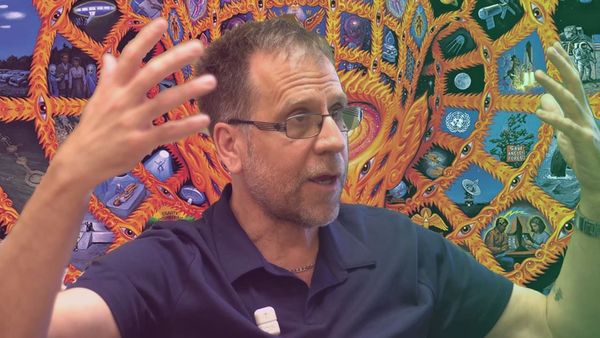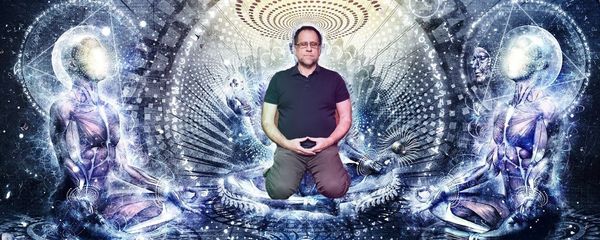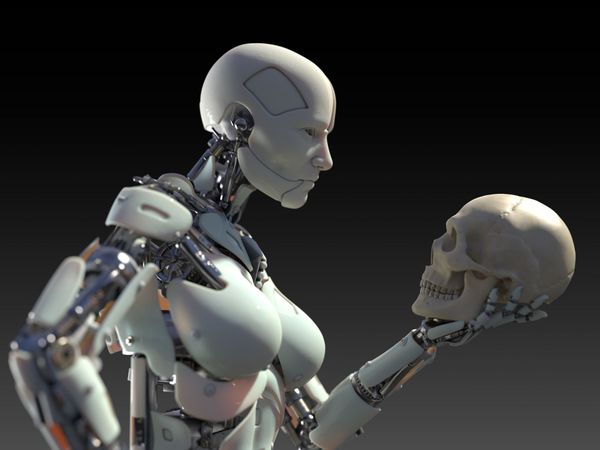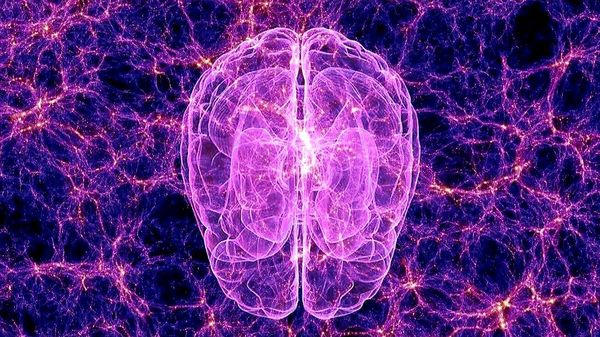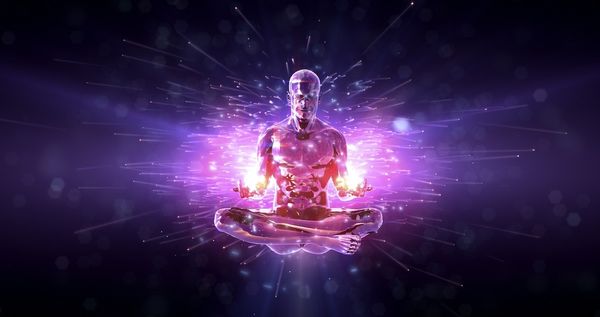Jordan Bates • • 3 min read
Charles Eisenstein Perfectly Explains the Alienation of Modern Life

Charles Eisenstein is an independent scholar and a self-described “degrowth activist,” meaning that he,
“… advocate[s] for the downscaling of production and consumption—the contraction of economies—arguing that overconsumption lies at the root of long term environmental issues and social inequalities. Key to the concept of degrowth is that reducing consumption does not require individual martyring or a decrease in well-being.
Rather, ‘degrowthists’ aim to maximize happiness and well-being through non-consumptive means—sharing work, consuming less, while devoting more time to art, music, family, culture and community.” [from Wikipedia]
Eisenstein, like many others (myself included), believes that the creation of a sustainable, equitable future for the human race is heavily dependent on our ability to re-imagine our global economic systems in such a way so as to reverse the “growth for the sake of growth” paradigm that has become predominant in the world today.
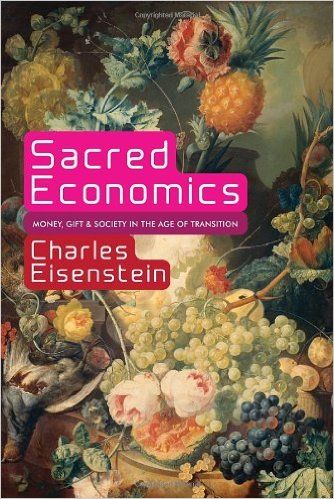
Eisenstein wrote a widely acclaimed book called Sacred Economics, in which he outlined the shortcomings of our current economic paradigms and offered a plethora of suggestions for rerouting toward a more sustainable, equitable, and sacred state of global affairs. I’m over halfway through Sacred Economics, and so far I’ve found it to be a remarkable elucidation of the fundamental problems with unbounded capitalism, as well as a thoughtful reflection on various potential solutions that have been theorized over the course of the past couple centuries. I heartily recommend reading the book in full.
Charles Eisenstein on the Alienation of Modern Life
Today, I just want to share one of my favorite passages from Sacred Economics. One of the greatest things about this book, for me, is how poignantly it describes the various forms of alienation that have resulted from our current socioeconomic paradigms. Ultimately, Sacred Economics is as much a rallying cry to remedy the alienation of modern life as it is a manifesto for an updated economic system. These words of Eisenstein’s certainly generated tingles in my skull as I read them, for they resonate deeply with my experience of modern life. Take them in slowly:
“The situation in America, the most highly monetized society the world has ever known, is this: some of our needs are vastly overfulfilled while others go tragically unmet. We in the richest societies have too many calories even as we starve for beautiful, fresh food; we have overlarge houses but lack spaces that truly embody our individuality and connectedness; media surround us everywhere while we starve for authentic communication. We are offered entertainment every second of the day but lack the chance to play. In the ubiquitous realm of money, we hunger for all that is intimate, personal, and unique. We know more about the lives of Michael Jackson, Princess Diana, and Lindsay Lohan than we do about our own neighbors, with the result that we really don’t know anyone, and are barely known by anyone either.
The things we need the most are the things we have become most afraid of, such as adventure, intimacy, and authentic communication. We avert our eyes and stick to comfortable topics. . . . We are uncomfortable with intimacy and connection, which are among the greatest of our unmet needs today. To be truly seen and heard, to be truly known, is a deep human need. Our hunger for it is so omnipresent, so much a part of our experience of life, that we no more know what it is we are missing than a fish knows it is wet. We need way more intimacy than nearly anyone considers normal. Always hungry for it, we seek solace and sustenance in the closest available substitutes: television, shopping, pornography, conspicuous consumption — anything to ease the hurt, to feel connected, or to project an image by which we might be seen and known, or at least see and know ourselves.”
How might we begin to remedy this situation?
We’d love to hear your thoughts in the comments. Let us know how you think we can cultivate more togetherness, belonging, connectedness, and vitality in a modern world that seems to drain many people of their ability to be fully alive. Furthermore, if you have any ideas or interesting links related to reforming our economic system, we’d love for you to share.
—
For more on Charles Eisenstein, read:
— Food For Thought from Eisenstein: Doing VS “Non-Doing”
— Food For Thought From Eisenstein: The Three Seeds
— Food For Thought From Eisenstein: Humanity’s New Story

Jordan Bates
Jordan Bates is a lover of God, father, leadership coach, heart healer, writer, artist, and long-time co-creator of HighExistence. — www.jordanbates.life

